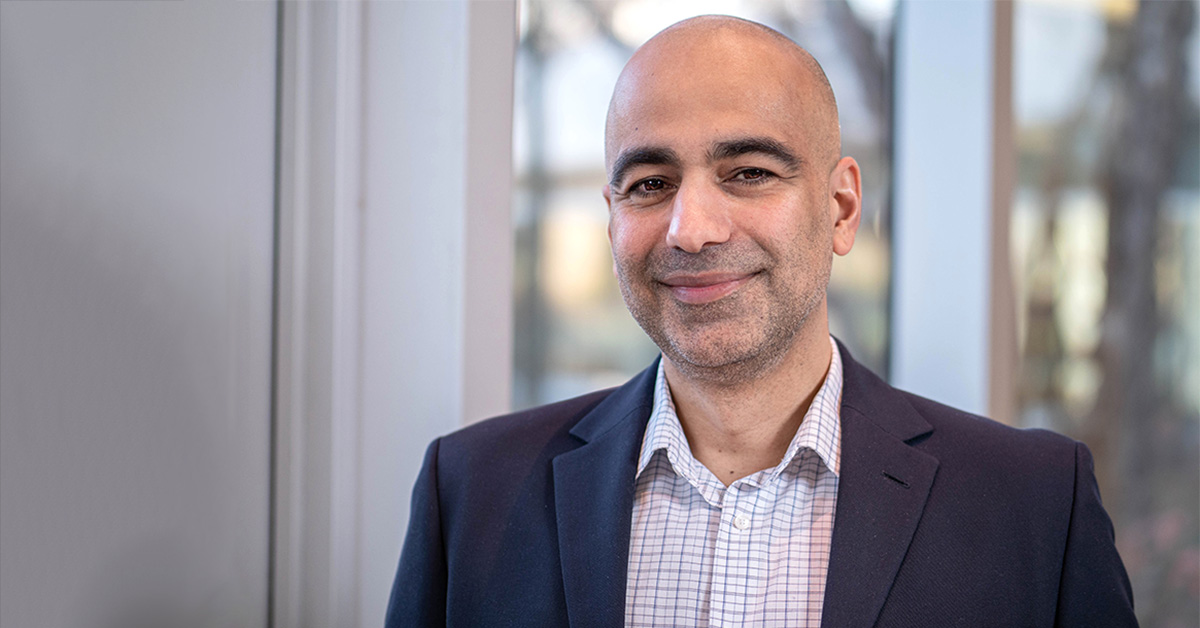
PHILADELPHIA (November 9, 2021)—Cihangir Duy, PhD, MS, an assistant professor in the Cancer Signaling and Epigenetics Program at Fox Chase Cancer Center, has been awarded a one-year $100,000 Hollis Brownstein Research Grant from The Leukemia Research Foundation. The grant will fund research into how certain acute myeloid leukemia (AML) cells can reactivate following chemotherapy, thus causing disease relapse.
“This grant comes at a very exciting time for our research,” said Duy, who is also a member of the Cancer Epigenetics Institute at Fox Chase. “We will advance our investigations into the biology of acute myeloid leukemia and hope to make further breakthroughs in the development of improved treatments.”
During his postdoctoral research, Duy observed that while most active AML cells are killed during chemotherapy, some go into a “dormant” state and then reactivate. This dormant state resembles senescence, a state of cellular aging in which cells lose their ability to grow and divide.
Duy found that the protein LSD1 plays a role in this process and the grant will support further research into the effectiveness of LSD1 inhibitors in improving remission rates of patients following chemotherapy.
Relapse is a major cause of morbidity and mortality in AML patients. Duy believes that targeting senescence pathways that support survival of leukemia cells following chemotherapy will lead to better therapeutics and reduce the potential of relapse.
The Leukemia Research Foundation provides the Hollis Brownstein Research Grants to fund critical blood cancer research by providing one-year grants to scientists who are establishing their own laboratories and are no longer under the tutelage of a senior scientist mentor. The foundation believes that supporting this critical research niche fosters new and innovative ideas that lead to significant breakthroughs and develops the next generation of scientific leaders.